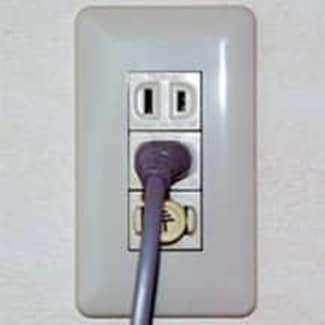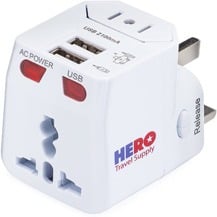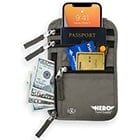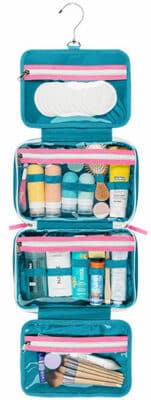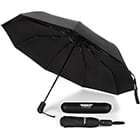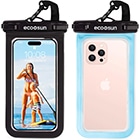Aruba’s country slogan has long been “One Happy Island,” and even one visit to the postcard-perfect Caribbean Island will surely have you agreeing.
Whether you’re dreaming of lounging on dove-white sand beaches and snorkeling in iridescent blue waters, or want to explore Aruba’s colorful architecture, globally-inspired cuisine, laid-back yet exciting nightlife.
If you’re planning a trip and are a tad confused as to what outlet type and socket the country might have, you’re not alone. That’s where we aim to help! Read on for all the information you’ll need about the electrical setup of Aruba and what type of adapter you’ll need, plus amazing additions to your packing list and common FAQs.




